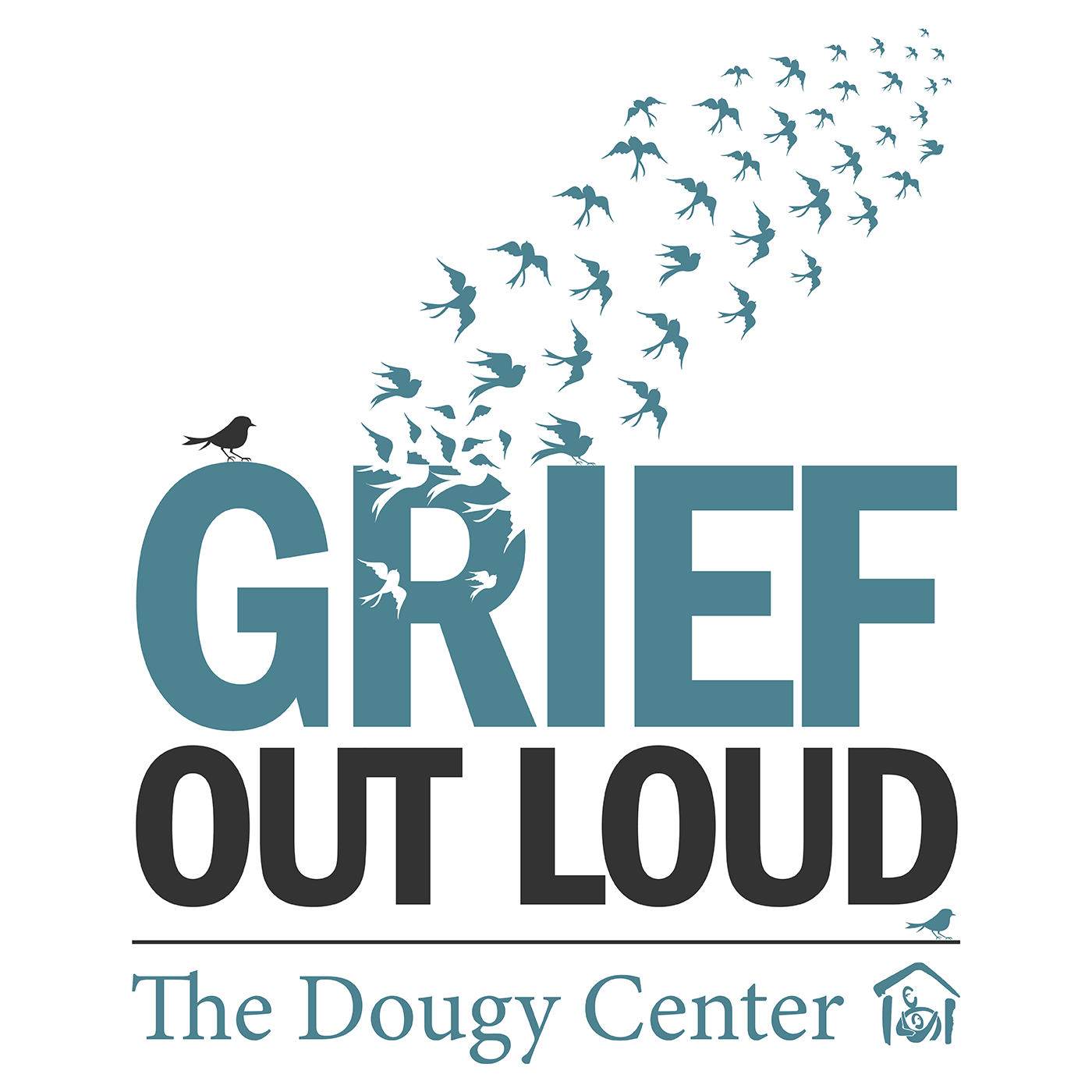- Health
- SEE MORE
- classical
- general
- talk
- News
- Family
- Bürgerfunk
- pop
- Islam
- soul
- jazz
- Comedy
- humor
- wissenschaft
- opera
- baroque
- gesellschaft
- theater
- Local
- alternative
- electro
- rock
- rap
- lifestyle
- Music
- como
- RNE
- ballads
- greek
- Buddhism
- deportes
- christian
- Technology
- piano
- djs
- Dance
- dutch
- flamenco
- social
- hope
- christian rock
- academia
- afrique
- Business
- musique
- ελληνική-μουσική
- religion
- World radio
- Zarzuela
- travel
- World
- NFL
- media
- Art
- public
- Sports
- Gospel
- st.
- baptist
- Leisure
- Kids & Family
- musical
- club
- Culture
- Health & Fitness
- True Crime
- Fiction
- children
- Society & Culture
- TV & Film
- gold
- kunst
- música
- gay
- Natural
- a
- francais
- bach
- economics
- kultur
- evangelical
- tech
- Opinion
- Government
- gaming
- College
- technik
- History
- Jesus
- radio
- movies
- services
- Church
- podcast
- Education
- international
- Transportation
- Other
- kids
- podcasts
- philadelphia
- Noticias
- love
- sport
- Salud
- film
- and
- 4chan
- Disco
- Stories
- fashion
- Arts
- interviews
- hardstyle
- entertainment
- humour
- medieval
- literature
- alma
- Cultura
- video
- TV
- Science
- en
Ep. 86: What's Changed For Grieving Children? The 1940's

This is the first in a series on how the approach to supporting grieving children has or hasn\u2019t changed over time. We\u2019ll be talking to people who had parents die in different decades, starting in the 1940\u2019s. We\u2019re hoping to discover how parents, kids, and other adults such as teachers and coaches reacted to children after a death. Did they talk about it? Avoid them? Act like nothing had happened? We know that even today, in 2018, children are often shielded from the truth of someone dying and as a result, left out of the collective grieving process. Sometimes this happens because people think children are too young to understand and a lot of the time it\u2019s because it\u2019s really painful for parents and caregivers to be present with children\u2019s grief.
Today\u2019s guest is Dean Conklin. Dean is one of two volunteers at our program for grieving children and families that started over 30 years ago. That translates into thousands of hours spent listening to\xa0and playing with children and teens facing the heartbreak of a parent or sibling\u2019s death.
Dean came to this work like many volunteers, with his own story of loss. In 1945, when Dean was just 8 years old, his father died in a work accident.